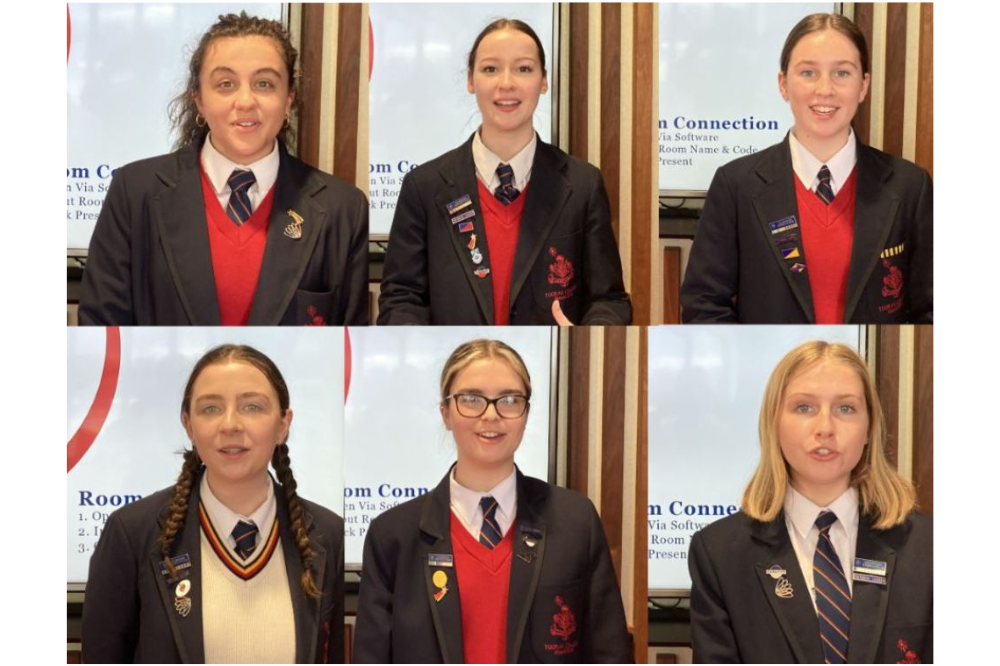
High school students from across Victoria are boldly growing where no students have grown before, plant experiments to the International Space Station to test the possibilities of growing food without gravity.
After winning the Swinburne Space Youth Innovation Challenge earlier this year, the team with the best experiment will now test the experiments destined for space on Earth.
Read more: Revolutionary program inspires students to reach for the stars
Astrophysicist Dr Sara Webb, who leads the Swinburne Space Youth Innovation Challenge, helped the students set up the plant experiments in the Toorak College lab on 25 November.
“We were blown away by the ideas presented by each team, all choosing to tackle a slightly different area of Health in Space,” Dr Webb said.
“This is only the second year of the Swinburne Youth Space Innovation Challenge, and we were incredibly excited to share this unique experience with students Australia-wide.”
About the program
Launched in 2021, the Swinburne Space Youth Innovation Challenge is a unique university and space science experience for Year 10 and 11 students.
The Swinburne Space Youth Innovation Challenge asks students to design and develop an experiment that could efficiently help improve astronaut health and wellbeing. Teams are equipped with a micro unit in space applications, with tailored learning content from the Space Technology co-major at Swinburne.
This year, students from 13 schools across Victoria, New South Wales and Western Australia were challenged to come up with an idea to improve health in space. The ideas ranged from healthy food production to vitamin uptake, eyeball changes and even antibiotic resistance.
Students pitched their ideas to a panel of space industry experts, with the winning team working with Swinburne’s microgravity experimentation team and the SHINE program to send vials to the International Space Station in early 2023.
The experiment
It is difficult to grow plants in space. Not just because of the challenges around oxygen and light, but because without the gravity on Earth, plants don’t know which way is up and which way to grow.
This is called ‘plant gravitropism’.
The all-girl winning Toorak College team - Amica, Kiara, Charlotte M, Chantilly, Chelsea and Charlotte OB – put forward that changing the shapes of soil and even the genetic code of something like chia seeds could lead to more plant growth and food production in space.
The experiments to be sent in 2023 will use a range of seeds and plants (like clovers and bean sprouts) in different growing environments.
This article originally appeared as a media release from Swinburne University.


